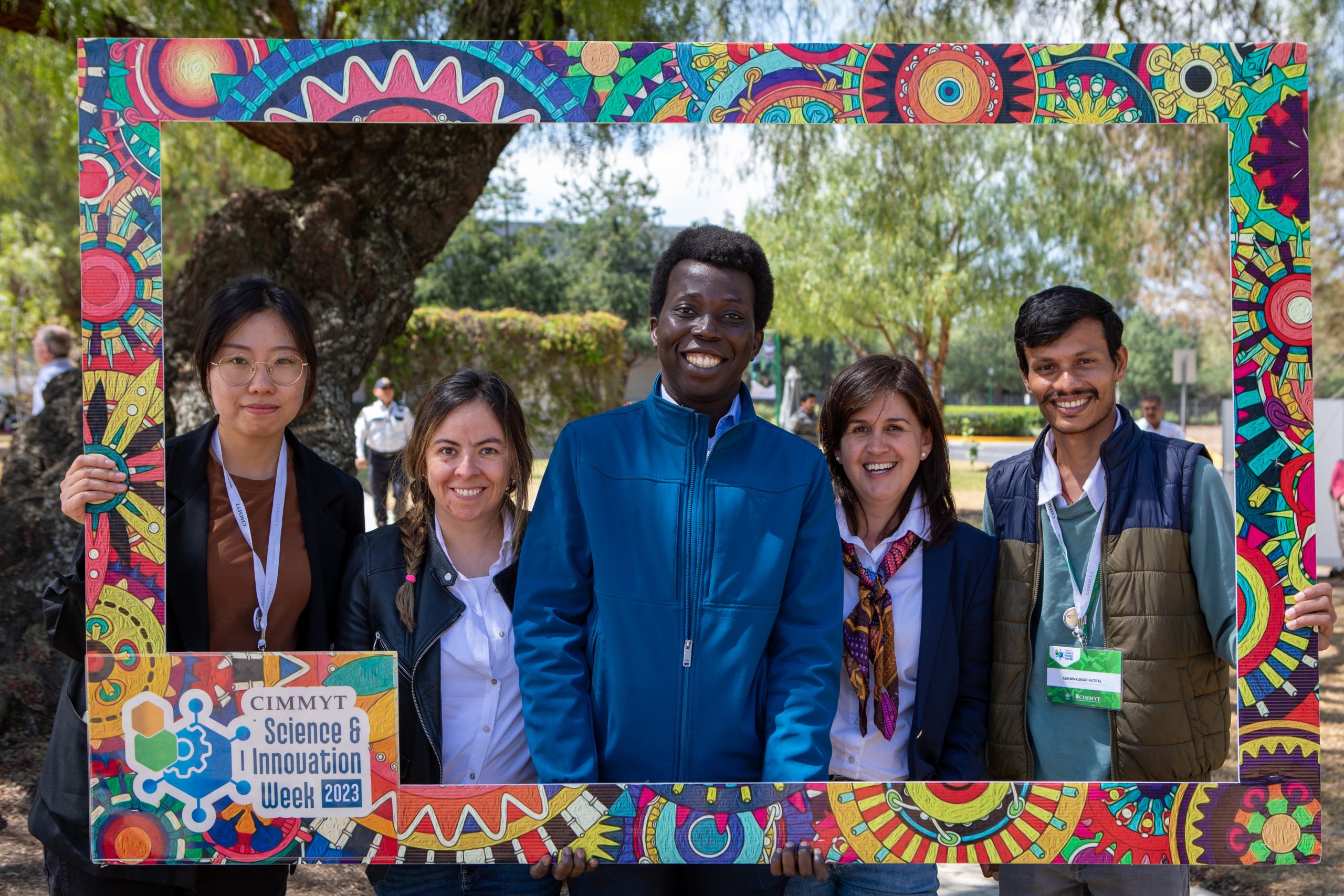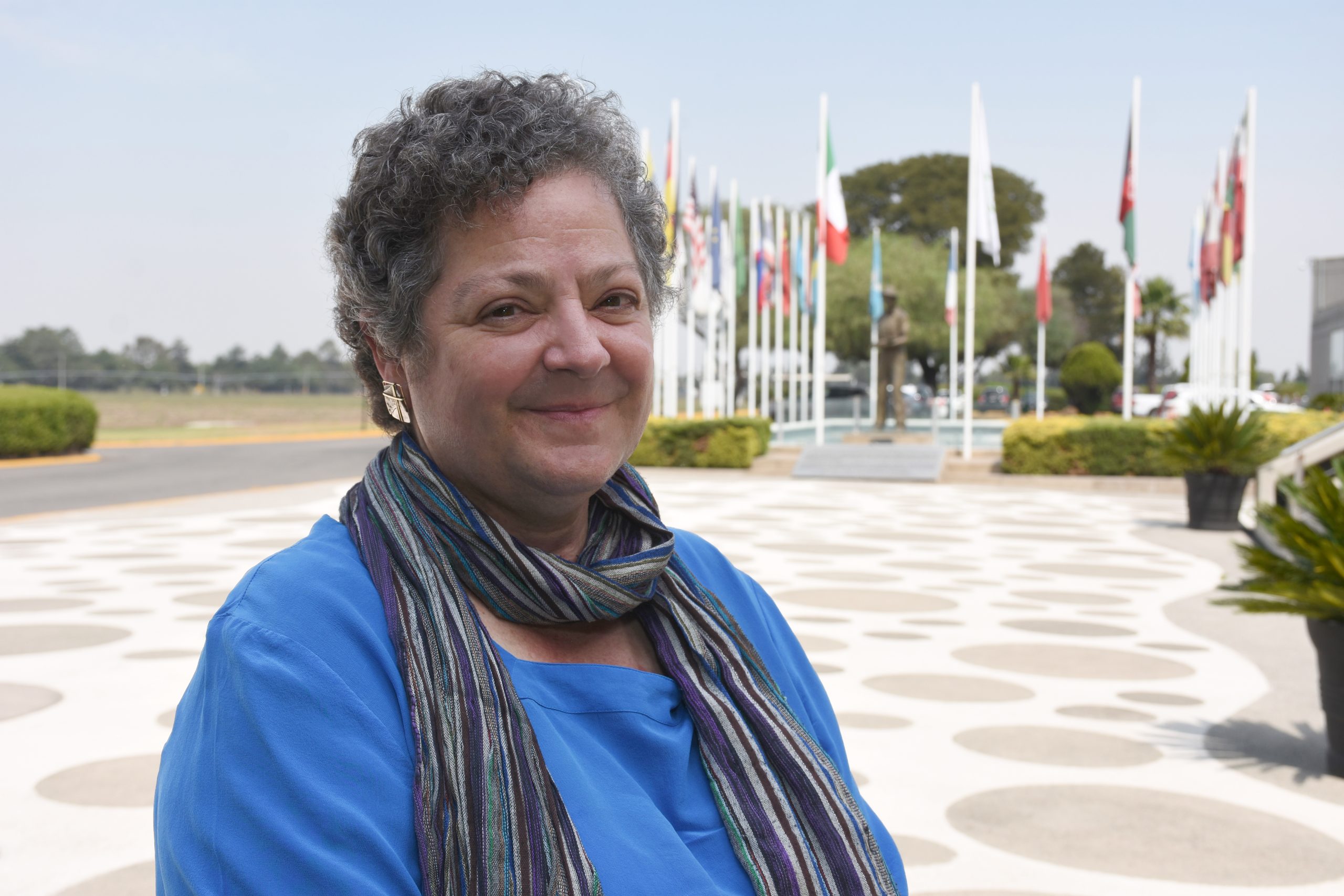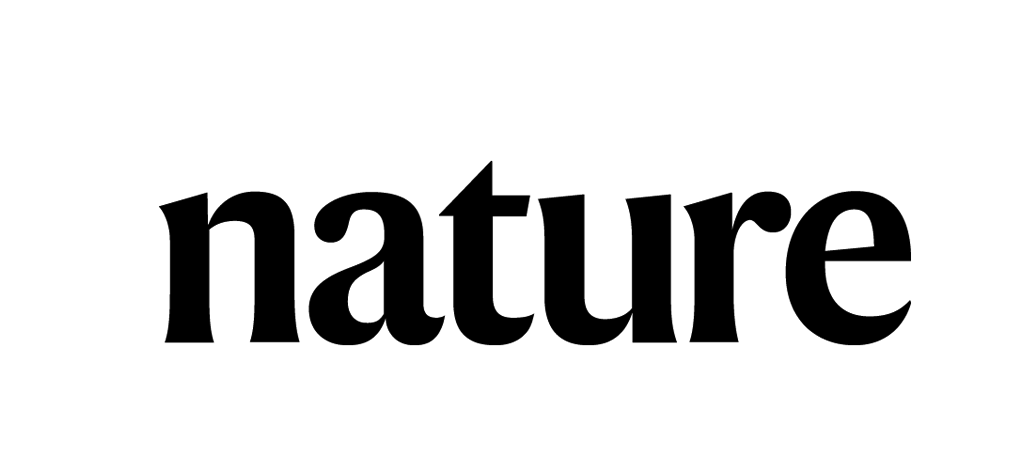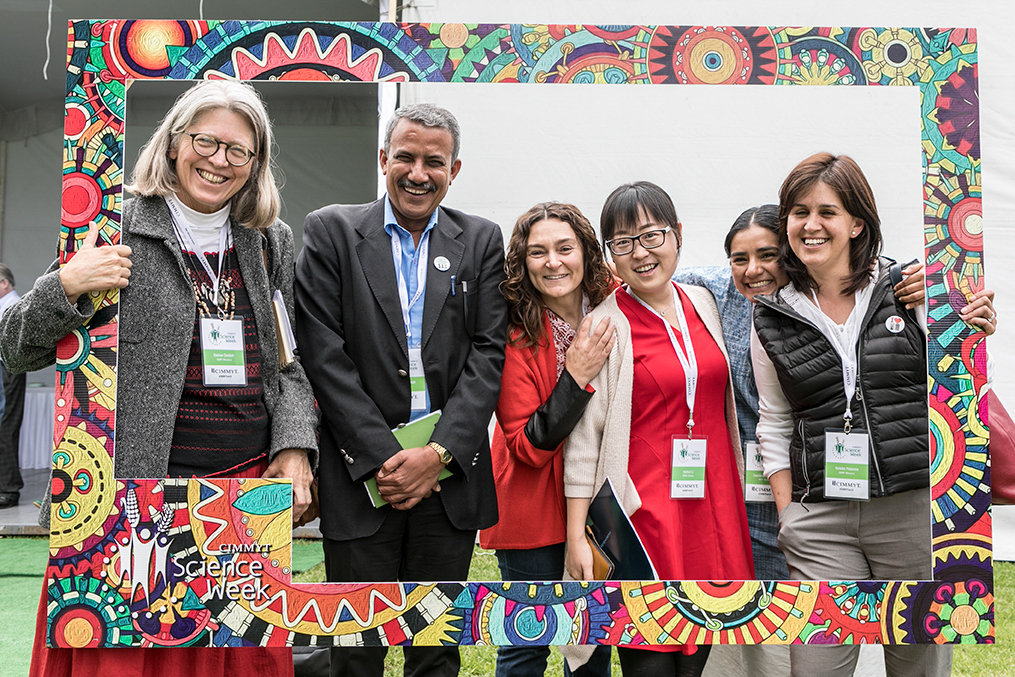Diversity and inclusion are at the core of CIMMYT’s culture. We celebrate the unique backgrounds, perspectives, and talents of our diverse workforce, recognizing that our differences drive creativity and innovation. Inclusion is not just a buzzword; it’s a fundamental principle that guides our actions, ensuring that every individual feels valued, respected, and empowered to contribute their best.
We recognize that diversity and inclusion are not just moral imperatives; they are essential drivers of innovation and progress. By embracing gender equity and social inclusion, we harness the full potential of our workforce, driving positive change in agricultural research and development worldwide. Join us in creating a more equitable and inclusive future for all.
CIMMYT encourages applications from people from all backgrounds. We especially encourage applications from those with backgrounds that are underrepresented in the field of agricultural research, including applications from women.
Gender equity and social inclusion policies
CIMMYT has enacted a variety of internal gender and diversity policies and procedures to promote equality in our research activities. In addition, we collaborate with CGIAR’s function on Gender, Diversity, and Inclusion to implement new best practices.
Gender principles in CIMMYT’s research for development
CIMMYT strives for gender and socially inclusive outcomes and impacts of its research for development.
CIMMYT proactively integrates gender and social inclusiveness in its theories of change, research priorities and overall research portfolio.
CIMMYT research integrates gender and social inclusiveness considerations into:
- Research design and budgeting. For example, full costing related to gender integration, including operations and staffing.
- Research implementation, particularly for activities involving or of consequence for human beneficiaries.
- Research monitoring, evaluation and learning, including sex-disaggregated data collection and analysis.
CIMMYT expects staff to acquire and practice the gender competencies necessary for the fulfillment of their respective role and function in the institution.
Capacity development activities that form part of CIMMYT’s research for development projects must endeavor to equally include both men and women.


 Gender equality, youth and social inclusion
Gender equality, youth and social inclusion 
